What does your job involve? Give us the typical outline of a day?
The reason I love my job is the reason it makes this question hard to answer. No two days are the same and even with meetings, performances and interviews scheduled, you can still never know what you are going to be faced with during the day.
However, my typical day always involves one of the following; performing (of which could be at a solo headline show, appearing at a festival or concert), interviews with press and radio (this could be live in the radio’s studio, on a phone or simply answering questions like I am here) or rehearsing with my pianist.
Tell us about your show in Edinburgh?
I am very excited to be performing my show twice at this years Edinburgh Fringe Festival. I will be performing at the Sir Arthur Conan Doyle Centre on 17th August and Stockbridge Church on 19th August.
My show consists of the biggest songs of the musicals, as well as a few less known contemporary songs performed classically. Every song from my set has a very special connection to me and I take the audience on a journey through the songs and tell them why I have chosen them.
All of the songs in my set are performed with just me and the piano played by Kate Robey. Although this is a small orchestration, our performance is still very powerful and I don’t think you realise after a while that it is just one voice and a piano - you get lost in the words, music and emotion.
What’s great about your job?
What I particularly love about my job is the people I get to meet. I am lucky enough to travel the country (and also other countries), meeting people who enjoy the music I make and therefore travel to come and see me perform. The thought of that is truly heart-warming. I am also lucky to meet some very influential and well known characters in the music industry, which is also great.
What are the bits you don’t like or find challenging?
What sometimes can be challenging is performing in situations that you find some people are not there solely for your music. This can sometimes mean that people don’t like what you do and perhaps do not enjoy your performance. However, what you have to remember is that there are a lot more people that ARE there for your music!
What are the highlights of your career to date? How did it feel to appear on BBC Radio?
One of the biggest highlights so far had to be the fact I was entered in to the ‘Sound of Classical Poll’ Category at the Classic Brit Awards. This meant I was invited to The Royal Albert Hall for the ceremony and got to mix with the likes of Aled Jones and Bryn Terfell. It was truly a special night.
BBC Radio felt great to be a part of and I received some lovely messages off the back of that interview. It’s also nice to know the BBC appreciate what you do.
Can you describe your biggest challenge so far in your career? How did you overcome it?
One of the biggest challenges of my career so far, had to be just as it was starting. I was very nervous at the beginning because I was at the stage of deciding whether to go to University or whether to not go straight away and pursue my dream to sing professionally. It was very challenging because everyone I was around was taking the conventional route and was going to University. It almost felt that I was doing something wrong by not following the ‘typical’ steps and going to University straight away.
I overcame this by reminding myself how much I loved music and how strong my passion was for it. This gave me the drive to pursue my dream and not worry about being slightly different to everyone I was around!
You’ve been granted the ability to send a message to 14-year-old you. What do you say?
Don’t have any doubts about chasing the dream you want to pursue and don’t be ashamed to be different to everyone else you are around. Enjoy every moment of your journey, it only happens once.
What’s your opinion on music qualifications? Do you have any and if so, in what ways do you think it has aided your career?
I have always believed that a pupil should have the desire to want to study for a music qualification. I am not sure if I like the idea of someone being told to do a music qualification. Doesn’t that destroy the passion for music?
If someone wants to pursue a music qualification, I think they are great. I decided to do my Grade 8 vocal and I was really pleased that I did. It helped my confidence massively and also helped me to learn some vital skills when both singing and performing that I use now. I do think they help to build your confidence as a musician, as they help you get used to the idea of people having an opinion on what you do.
Do you have any advice for other young people interested in doing your kind of job?
My biggest piece of advice would be to make sure that you always enjoy what you do and to always follow your dream. Doing what I do is hard work and comes with a lot of pressure, so you always need to make sure you are enjoying what you are doing.
I am a massive believer in following your dreams and aiming for the stars!
When I was a child it was my dream to go to Abbey Road Studios, to be nominated for an award and to release my own album. If I didn’t have the courage to believe in myself, I wouldn’t have achieved all of my dreams by the age of nineteen and consequently wouldn’t be doing this interview now. So there is no doubt that I think it is vital to believe in yourselves and to follow your dream!
Where can people find out more about you?
I am very active on social media and this is a great place for people to see what I am up to on a day-to-day basis.You can find me on Facebook (Thomas Tenor Official), Twitter (@thomas_tenor) and Instagram (@thomascameronsinger).
You can also visit my website and subscribe for the latest news and events, as well as subscribing to my YouTube for the latest videos of performances, backstage fun and career highlights.
Want more tips on working in the arts? Head on over to Creative Choices, a website filled to the brim with advice on how to get into the arts.


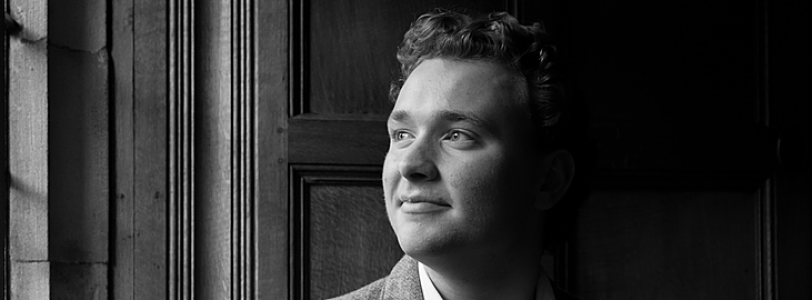
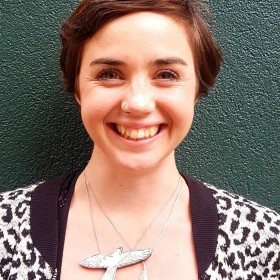
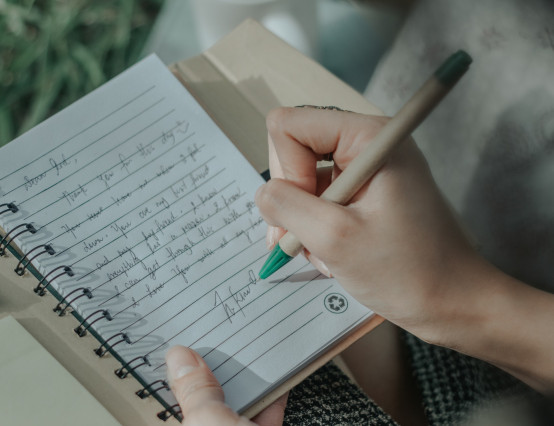

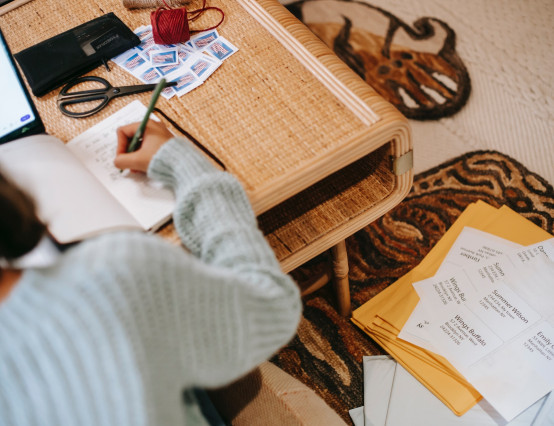


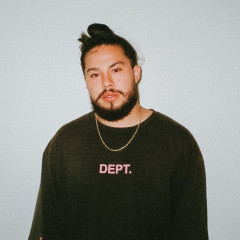
0 Comments